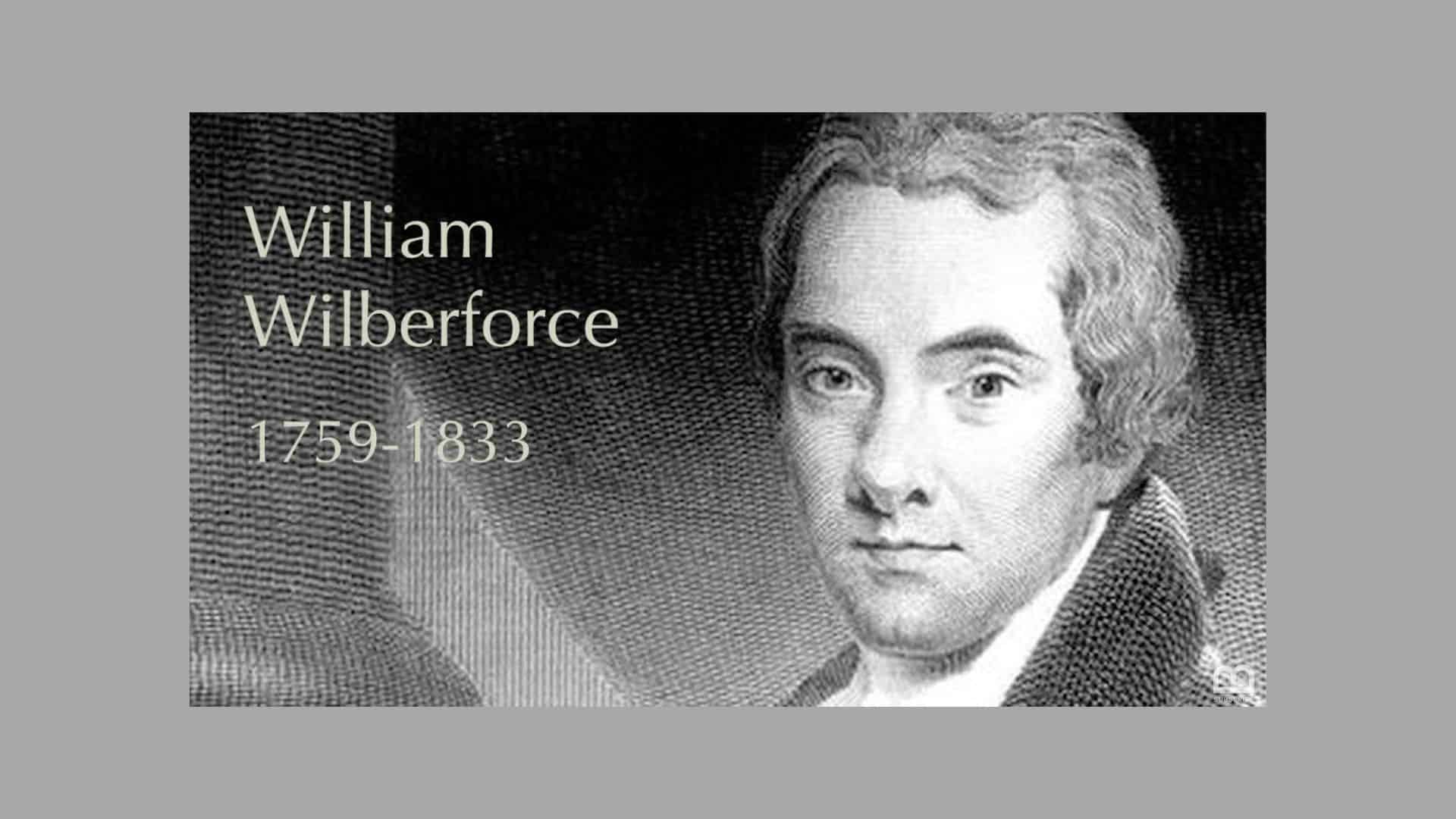This article, along with questions for discussion and reflection is available as a printable handout (PDF format) here.
Born to a wealthy family on August 24, 1759, William Wilberforce grew up generally unconcerned about those in need and those experiencing abuse and oppression in his native England. During this era, slavery was the order of the day, woven into the fabric of culture and business.

Young William had many friends and was well liked. He attended the University of Cambridge. During his time as a student there, he befriended several men who later would become quite influential in England. One of them even would be elected prime minister.1
William himself was elected to Parliamentin 1780. He continued to enjoy a lifestyle that aligned with the wealth and popularity he’d enjoyed growing up; family connections and his likable personality afforded him a generous number of friends and social opportunities. Of these early years in his political career, Wilberforce later would say, “The first years in Parliament I did nothing – nothing to any purpose. My own distinction was my darling object.”
The first years in Parliament I did nothing – nothing to any purpose. My own distinction was my darling object.
—William Wilberforce—
Even so, before long, his money and active social life left him feeling empty. Yet he’d been attending church regularly, and a pastor shared with him that Jesus Christ died for his sins and offered him salvation as a free gift.2 In 1786, William gave his life to Christ and…
To continue reading this article, go here.
Copyright © 2022 by B. Nathaniel Sullivan. All rights reserved.
top image credit: screen capture, Museum of the Bible video
Notes:
1Joyce Vollmer Brown, Courageous Christians: Devotional Stories for Family Reading, (Chicago: Moody Press, 2000), 137.
2Ibid.

Be First to Comment